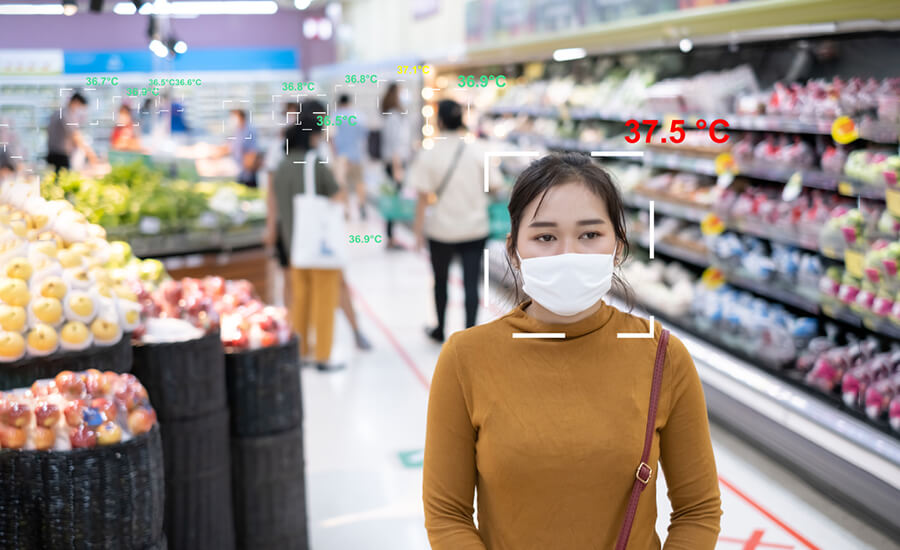Pandemics are not just a health crisis. They ripple through our societies and economies, disrupting lives and livelihoods. The human toll, measured in lives lost, communities disrupted, and economies shaken, is immense. In such times, could Artificial Intelligence (AI) be our ally? Can we harness its potential to predict and manage pandemics, helping to lessen their impact and perhaps even prevent them?
Firstly, AI’s ability to analyze large volumes of data can play a significant role in early detection and prediction of disease outbreaks. Machine learning models, trained on diverse datasets of past disease outbreaks, can identify patterns and signals that precede a pandemic, potentially alerting us to an outbreak before it spirals out of control.
AI algorithms can also mine through social media posts, news articles, and other digital platforms to pick up on unusual health-related events around the world. For instance, in the case of COVID-19, an AI platform developed by BlueDot was able to identify the outbreak in Wuhan days before the official announcements.
Once a pandemic hits, AI can assist in managing the crisis. AI-powered predictive modeling can help policymakers understand how the disease might spread, informing decisions on interventions like social distancing or lockdowns. It can also help hospitals and health care systems prepare for patient loads, optimize resource allocation, and even assist in diagnosing and treating the disease.
However, it’s important to recognize that AI, like any tool, is only as good as the data it is trained on. Biases in data can lead to skewed predictions, which can exacerbate existing inequalities. This is a significant ethical consideration when implementing AI in healthcare settings. A truly human-centered approach to AI in pandemics requires us to address these biases and strive for fairness in AI applications.
Moreover, while AI can certainly aid in managing pandemics, we must not lose sight of the human aspect. The decisions made based on AI predictions profoundly impact people’s lives and have broad societal implications. Therefore, they must be made with empathy, considering the human costs, not just the data-driven efficiencies.
AI also cannot replace the need for robust public health infrastructure, clear communication, and international cooperation. A comprehensive approach to managing pandemics involves investing in health systems, fostering public trust, and ensuring global collaboration – areas that involve nuanced human judgement.


AI holds great promise in helping us combat pandemics, but it is not a silver bullet. It is a tool in our arsenal, a powerful one indeed, but it must be used judiciously, ethically, and with a deep understanding of its limitations. As we develop and deploy AI in this critical context, we must ensure that it is aligned with our human values, serving not just as a technological innovation but also as an enabler of better, fairer, and more resilient societies.

